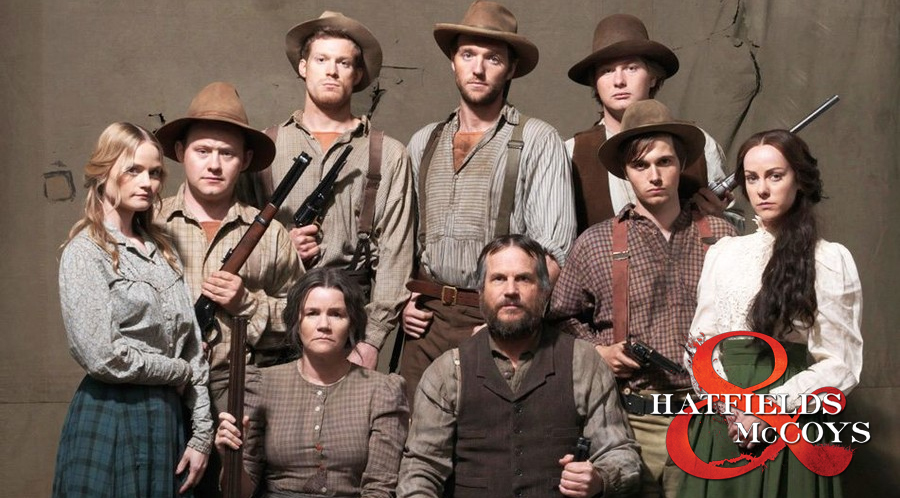While on vacation a few weeks ago, I received the joyous news that I am going to be a great-grandma in January. This baby (we don’t know gender yet) will live in Oklahoma. Six hours away. S/he will have to get to know me on occasional visits. Thinking about this brought to mind an article I wrote a few years ago about grandparenting in the 21st century. These examples are a montage of family and friends. Some of them are me.
“Over the river and through the woods to Grandmother’s house …” no longer applies. It might be across the side yard and between the hedges, or through airport security and above the clouds. But however the kids get to Grandmother’s house, they find special people with unique monikers chosen by the grandchildren. Grandparents’ roles might be as diverse as their names.
Grandma and Grandpa live right next door to their grandchildren. Throughout the day, little visitors come in and out of the house, bringing captured frogs or macaroni art to share. Every Saturday, the kitchen fills with youngsters who come over for breakfast. In that family, being Grandma means a toy box in the living room, a swing set in the yard and a calendar filled with dance recitals and soccer games.
Memaw, in Arkansas, has a granddaughter who lives in Oregon. Every summer, the child travels south for a vacation and at Christmas Memaw flies to the Northwest. Their times together are full of playing Scrabble and sewing doll clothes. Being Memaw means emails and phone calls, valentines and birthday packages in the mail. It’s all about cramming relationship-building into fourteen days a year.
Nana and Papa own a motor home. She’s a managing partner for a law firm and works fifty hours a week. He own a real estate agency. Time with family is squeezed in around work responsibilities and charity events. But whenever possible, the Fleetwood is loaded with Little Debbie snacks and Disney movies and the extended family takes a mini-vacation with Nana and Papa.
Grammy married when she was thirty-five and had her first child a few years later. Her daughter made some of the same choices in life; she pursued a career before starting a family. Now, at the age of seventy-five, Grammy is a new grandmother, while most of her friends are welcoming great-grands.
G-Mama had two small children at home when she married a man with three of his own. Several years later, one of their daughters, mother of a three-year-old, wed a man who had custody of his two children by a previous marriage. G-Daddy’s son and daughter-in-law are foster parents. In the large blended family that resulted, there are no distinctions of step- or half- or foster. Every kid is a grand-kid to G-Mama and G-Daddy.
Then, there’s Granny who, out of necessity, has become “Mom.” And being Gran/Mom is a dichotomy. The joys attached to parenting at a later age are many. Gran/Mom realizes how fast childhood whizzes by. She is more able to relax and enjoy the “ages and stages” than she may have been earlier in life. She has perspective and wisdom about the many things that are part of every child’s growing pains. The hugs and kisses of a child who knows how lucky he is to have a Gran/Mom are priceless.
But, when she became Gran/Mom, she skewed the grandparent-child relationship. The child lost a granny. Who will give him sympathy when Mom is just impossible? For that matter, who will listen to Gran/Mom?
Gran/Mom’s adult friends are retired, traveling, or spending time with their families. She’s the only one in her age group whose plans for an evening out require a baby-sitter.
When one grandchild becomes her primary responsibility, Gran/Mom’s relationship with other grandchildren may be affected. Everyone in the family lost a little bit of Granny when she became Mom.
In the 21st Century, there is no set image of a grandparent. Each family situation defines what that role will be. But however it plays out – whether it’s Grammy, Nana or G-Mama – the word “special” still applies.

 My dad, Richard Monroe Alderson, had a good blend of genes he inherited from the Alderson/Nelms and the Miller/Hamilton lines. Strength of character, sense of humor, quest for knowledge, high motivation and self-confidence were in his make-up.
My dad, Richard Monroe Alderson, had a good blend of genes he inherited from the Alderson/Nelms and the Miller/Hamilton lines. Strength of character, sense of humor, quest for knowledge, high motivation and self-confidence were in his make-up.